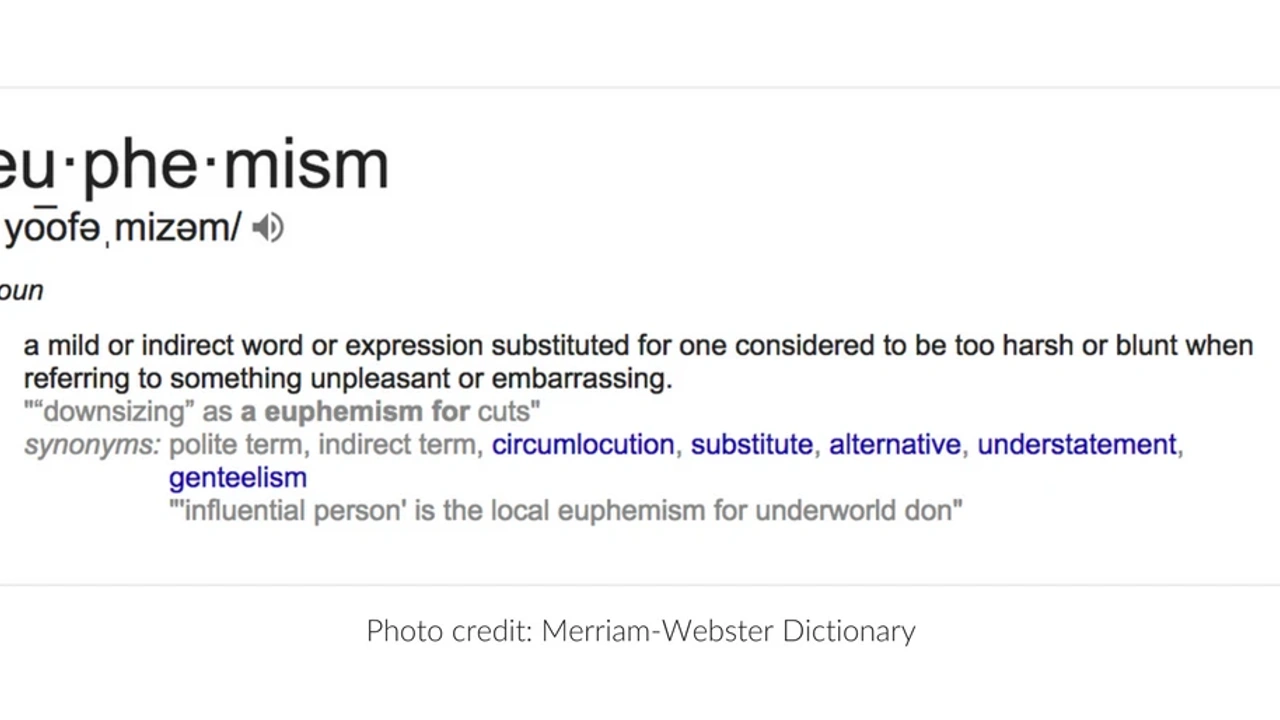
Are Funerals Dead?
Apr 11, 2017When was the last time you heard or used the word funeral? Not, celebration of life, not memorial service but funeral? Ahhh, not so much these days in our increasingly secular world.
And when was the last time you said, “So and so is dead” or even more rare, “So and so is dying?” When people die, they’re dead. They don’t pass away, pass on, or depart. They’re not lost, asleep or pushing up daisies. They die and then they’re dead. Our collective aversion to the word dying warrants a whole other post.
To die is a natural, normal, unavoidable and inevitable part of being a living creature. While there are certainly some deaths that are anything but natural or normal, many, perhaps most, deaths are of the expected, anticipated kind.
No pun intended, but really, truly, euphemisms around death and funerals are killing us!
A euphemism, as defined by Merriam-Webster Dictionary, is “the substitution of an agreeable or inoffensive expression for one that may offend or suggest something unpleasant.”
Well now… That pretty much sums up the prevalence of celebrations of life and our general discomfort with the term funerals, doesn’t it?
I have a secret. I’m a licensed Funeral Director. That’s not the secret though. The secret is that despite my deep desire to honour people’s right to choose how they mark someone’s death, and my belief in the healing power of ritual and ceremony, I have a problem with the ever-popular, celebration of life.
My grumble about celebrations of life is that by their very name they leave little room to acknowledge and hold the sorrow, pain and heartache of a death. More often than not, the cheerful memories of the good times and gratitude for an end to ‘suffering’ dramatically outweigh and attempt to negate any experience on the other side of the emotional continuum.
When we allow ourselves to be heartbroken and receive comfort from others, we free ourselves up for love.
As individual human beings and as communities of mortals, I believe we need to be with the full scope of our emotions. We need to learn how to be with our pain, our suffering, and our heartache. When we allow ourselves to search for meaning, be heartbroken, and receive comfort from others we free ourselves up for love, joy and connection.
Learning to lament frees us up to love.
At the same time though, I know many people associate the word funeral with their nightmare of a big fat opportunity to get ripped off and suffer through a generic, empty ceremony where the officiant, in a bad suit, can’t pronounce Grandma’s name. Truth be told, I make that same association and I know first-hand it doesn’t have to be that way.
With varying degrees of emphasis and in our own public or private ways, we gather when someone dies to mourn, celebrate, honour and remember a life lived. Consider that we can reclaim the word funeral so it can hold the space for all we need it to be.
Dr. Alan Wolfelt of the Colorado based, Center for Loss and Transition has lots of helpful information about the needs of mourners and the value of funeral rituals.
What about you?
What’s your experience with funerals, celebrations of life, and memorial services? Does it matter what we call these gatherings?



